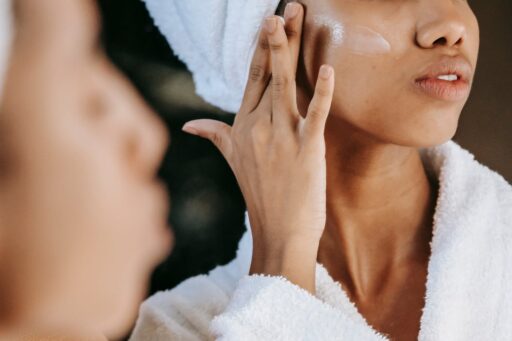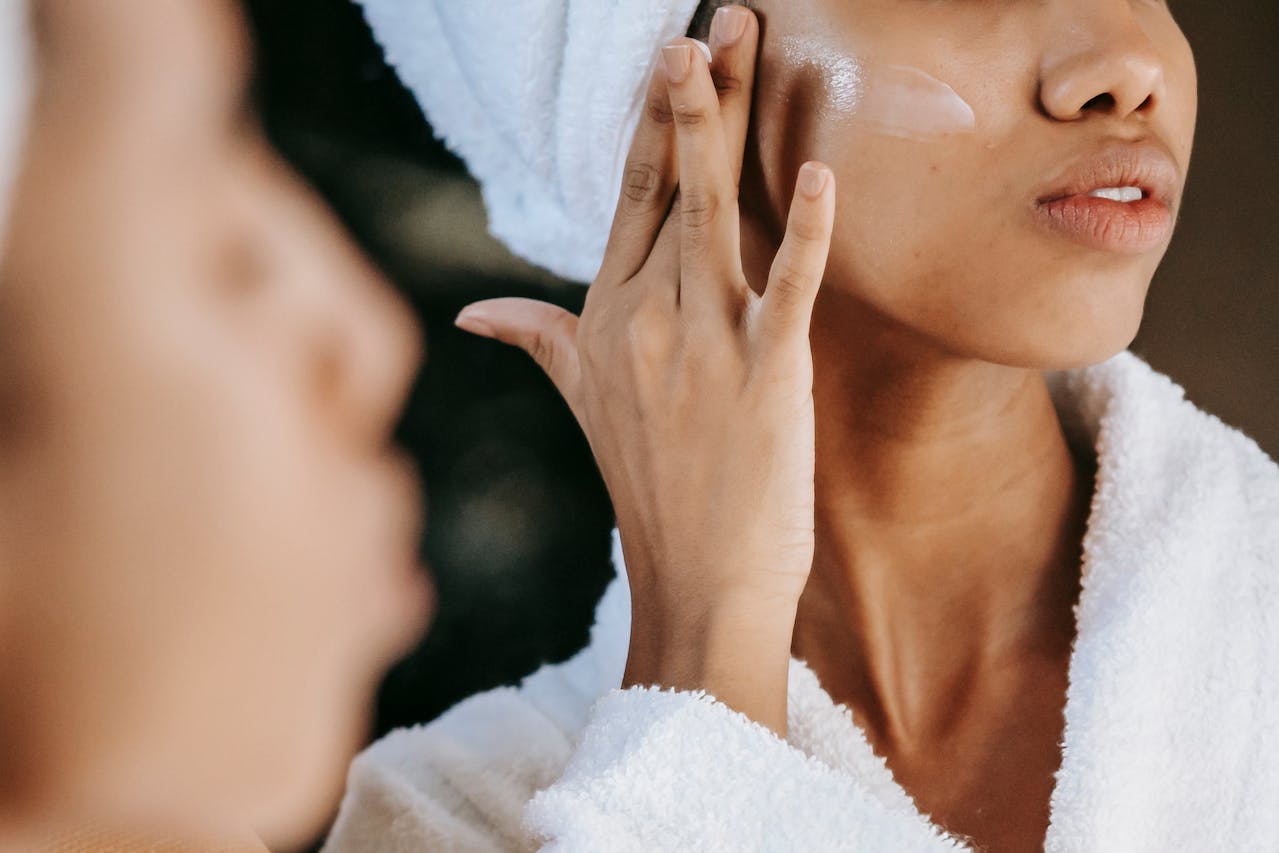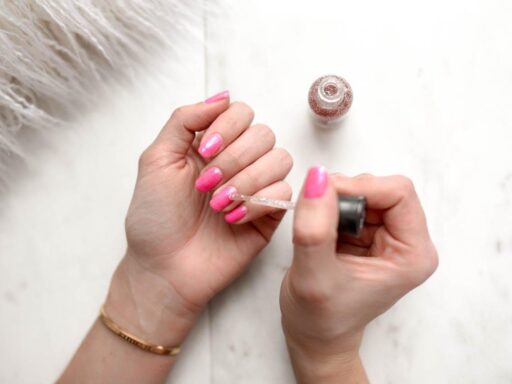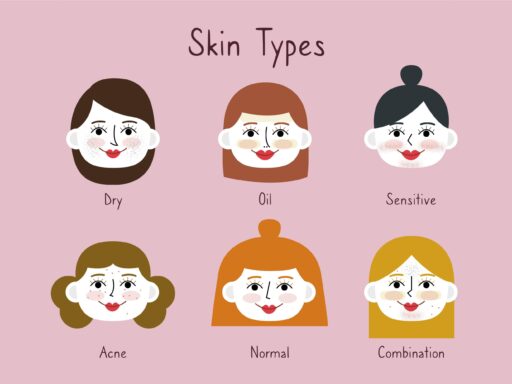Knowing how to choose skincare for dry skin is crucial, especially when you have such a type. For some people, they only experience dryness during winter times or colder months. However, others may have such a skin type for goods. It means that these people will have to know the right products to maintain their appearance and skin’s health. So, what should you do when you have such a skin type?
How to Choose Skincare for Dry Skin: Understanding the Type
Dry skin means that your skin doesn’t have enough moisture, which leads to flakey, rough, and dry skin. As it was mentioned before, dry skin issue is quite common in colder months. But for people having the skin type, they need to deal with it for all of their lives. The biggest issue with dry skin is that it can be itchy and uncomfortable. That’s why hydrating your skin is important.
You see, your skin comes with many layers. The top layer is called epidermis and it has a very delicate barrier. Its function is to retain water for hydration and also protection. In dry skin, the barrier loses the water way too fast, leading to dryness and some common skin issues, such as itchiness, rough skin, scaliness, roughness, tightness, and even cracked issue.
The Basic Care
The very basic care should include the usage of sunscreen, moisturizer, and cleanser. All of them should have moisturizing ingredients, such as glycerin, hyaluronic acid, and ceramides. You can actually have more products, depending on your needs. But you must develop a regular routine that can treat the issues. The idea is to provide hydration so the moisture on your skin would be balanced.
Ingredients Options
The key to treat dry skin is to pay attention to the products’ ingredients. You want to choose those that can soothe the skin, like emollients and humectants. Emollients refer to moisturizers creating a barrier so they can protect the (dry) skin and help to retain moisture. Humectants can bind water. It is helpful to pull water so your skin can have enough moisturizer.
When you choose the products, make sure that they contain these substances:
- Panthenol (vitamin B5). Panthenol is a type of B5 vitamin having both emollient and humectant. It’s very handy to retain water and then seal the moisturizer in. It can protect your skin against pollution and UV damage while soothing the skin at the same time.
- Niamicide. It’s a B3 vitamin type to help hydrate and soothe the flakey and dry skin. It can restore the moisture while reducing UV and environmental damages altogether. It is also good to shrink pores, soften wrinkles, and brighten the skin.
- Ceramides. They are basically fatty molecules responsible for building the skin’s blocks, which can prevent environmental damage and water loss. When you add ceramides to your skincare routine, you will basically repair the holes within the building blocks so your skin barrier can be rebuilt again.
- Glycerin. It’s a humectant, which means that it can pull moisture to the outer layer of the skin to improve hydration.
- Hyaluronic acid. It’s similar to glycerin that can attract water to the barrier. If you want to have ultimate hydration, you would want this.
The Recommended Routine
When you want to develop a healthy skincare routine, do these:
- Always start your day with clean state, which means that you need to use a gentle cleanser. Make sure that it’s oil-based.
- Afterwards, use toner. This is actually optional to help you remove any leftover dirt or oil, but if you do this, make sure that it’s perfect for dry skin.
- Don’t forget to use water-based serums to protect and hydrate the skin.
- Then use moisturizer to lock in and seal the moisture. Go with the oil-based one or the thick cream.
- Finalize your routine with the sunscreen. Your skin still needs protection from the UV rays. Not to mention that it’s good to prevent skin cancer, sun spots, and wrinkles.
Helpful Tips to Care for Dry Skin
You may already build your own routine, but you can also do these things to improve your conditions:
- Use humidifier. When it’s cold, you should use a humidifier so the dry air can have extra moisture.
- Limit exfoliation. It’s okay to exfoliate, but don’t do the chemical ones because they use acids. When you exfoliate, just do it only once (twice is the max) so you won’t irritate the skin.
- Avoid rubbing and hot water. Hot water will only strip the natural oils from your skin. Moreover, you should pat the skin instead of rubbing it.
- Always spot test the products. When you want to choose new products (especially a face mask or exfoliator), make sure to do the spot test.
- Apply moisturizer right away, especially after washing or showering.
- Instead of using lotions, use cream or ointment. They are less irritating and yet more effective.







